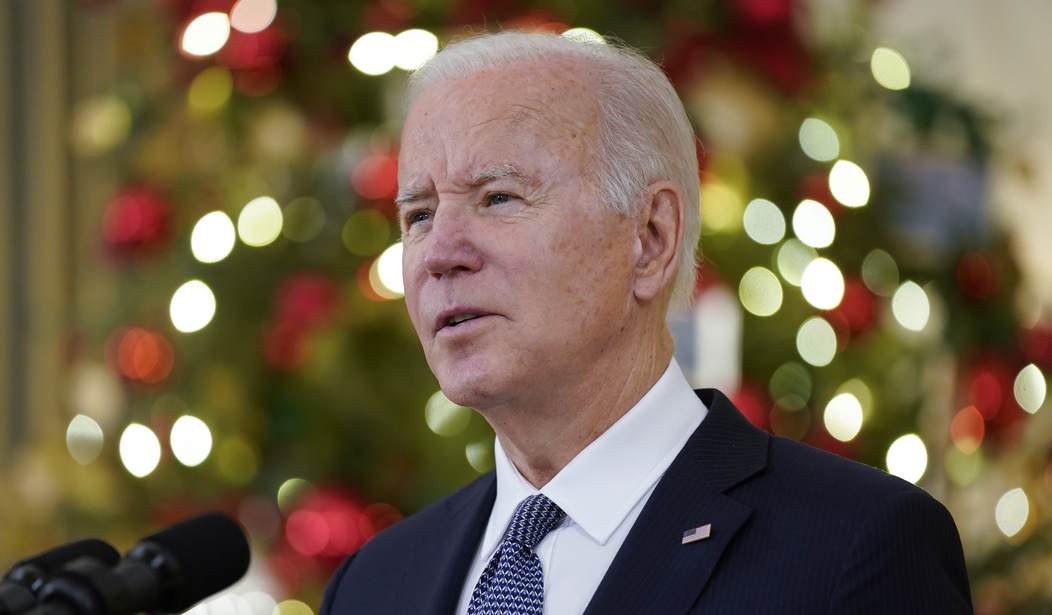Consider this a confirmation of similar data from the Census Bureau two weeks ago. Retail sales retreated in December when the holiday season should have provided a boost to retailers, according to a Bureau of Economic Analysis report this morning. While nominal wages rose last month, inflation actually reduced worker buying power as expressed in real DPI:
Personal income increased $70.7 billion (0.3 percent) in December according to estimates released today by the Bureau of Economic Analysis (tables 3 and 5). Disposable personal income (DPI) increased $39.9 billion (0.2 percent) and personal consumption expenditures (PCE) decreased $95.2 billion (0.6 percent).
Real DPI decreased 0.2 percent in December and Real PCE decreased 1.0 percent; goods decreased 3.1 percent and services increased 0.1 percent (tables 5 and 7). The PCE price index increased 0.4 percent. Excluding food and energy, the PCE price index increased 0.5 percent (table 9).
Inflation is eroding buying power even accounting for wage gains, a point that Joe Biden keeps avoiding while touting the nominal numbers. Keep this in mind, because we will come back to it in a moment.
This comes after a better-than expected Q4 advance report yesterday, but even that showed some signs of creakiness. Consumer spending was tepid at best in the final two quarters of the year, and final sales of domestic product nearly at a flatline. Reuters sees this new data as a signal that economic growth may have slowed down coming into 2022, too:
U.S. consumer spending fell in December, suggesting the economy lost speed heading into the new year amid snarled supply chains and raging COVID-19 infections, while annual inflation increased at a pace last seen in the early 1980s.
The Commerce Department said on Friday consumer spending, which accounts for more than two-thirds of U.S. economic activity, dropped 0.6% last month after gaining 0.4% in November. Economists polled by Reuters had forecast consumer spending declining 0.6%. …
The shortages owing to overstretched supply chains kept inflation elevated last month. The personal consumption expenditures (PCE) price index increased 0.4% after rising 0.6% in November. In the 12 months through December, the PCE price index increased 5.8%. That was the largest advance since 1982 and followed a 5.7% year-on-year increase in November.
Excluding the volatile food and energy components, the PCE price index rose 0.5% after a similar gain in November. The so-called core PCE price index accelerated 4.9% year-on-year in December, the biggest rise since 1983. The core PCE price index increased 4.7% in the 12 months through November.
All of this inflation has put pressure on employers to index wages in an effort to maintain buying power. We’ve seen this film before in the 1970s and it doesn’t end well, as the Wall Street Journal reminds us today. Signs are already appearing that we are heading into a wage-price spiral that could quickly demolish economic growth:
Economists caution that there are numerous factors contributing to high inflation during the pandemic, especially an overwhelmed supply chain and lopsided demand for physical goods rather than services, leading to mismatches between demand and available goods.
But labor costs are a significant contributor to rising prices. And the current tight labor market is encouraging many workers with bargaining power to switch jobs and demand more pay, raising the risk of a destabilizing inflation dynamic known as a wage-price spiral.
The Fed’s preferred measure of inflation, the core personal-consumption expenditures price index, rose at 4.9% in December 2021 over the prior year. A separate reading of inflation, the consumer-price index, hit 7% in December over the same month a year earlier. Wages rose fast as well, but not enough to keep up with the rise in inflation. Average hourly wages rose 4.7% in December from a year earlier, the Labor Department said.
“Inflation has fundamentally picked up and I think it’s fair to say that price gains are feeding back into wage gains as well,” said Ben Herzon, executive director at IHS Markit. “There’s a lot of pressure on the supply side on both commodities and labor.”
The Fed has seen it before too, and now has to make a decision about its priorities. Until now, the Fed’s lax monetary policies have protected labor markets. Now they may decide to declare victory and depart that field, even with millions of jobs left unrecovered from the pandemic shutdown:
Investors and Federal Reserve policy makers now consider the labor market to be at or near full employment, despite the fact that the economy has only recovered about 84% of the jobs it had before the pandemic. The labor force has shrunk, and with the unemployment rate now below 4%, the Fed is shifting gears from providing stimulus to the economy to fighting inflation while trying to maintain the labor-market recovery.
Have they left the workforce? At least in the short term according to the BLS and BEA surveys, but that happened after the Great Recession too. The Obama administration tried claiming that there was no overhang of alienated workers outside the statistics and that they had all retired or taken disability. Those workers returned when the economy began roaring in late 2017 and into 2018, though, and with them the kind of natural wage pressure that had been lacking for most of the decade of “recovery.”
If the Fed decides to issue a significant hike in its base rate to fight inflation, it may well result in the same kind of overhang. If it does, we’ll end up with no wage pressure at all as people scramble for fewer job openings while inflation and the economy cools. If they don’t, though, workers and employers could spend years chasing the dragon in a wage-price spiral that will do far more damage to far more workers and employers. It’s a tough choice, but the clear target now has to be inflation, and acting before it takes a Volcker-like intervention to solve it.







Join the conversation as a VIP Member